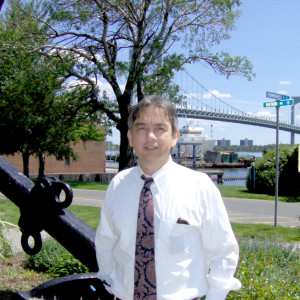When a commercial mariner gets hurt on the job, the first questions usually pertain to basic maritime law issues. Was the person a seaman? Was the floating object a vessel? Did the incident occur on navigable waters?
Once the dust settles, another area that often receives close scrutiny is whether the person had prior injuries. The defense team could argue lack of causality. In other words, “You were already injured. The accident on our ferry didn’t do this to you.” But in response, the claimant could argue that the second accident exacerbated the original injury. In effect, “Yes, I had existing injuries, but this recent accident aggravated them and that’s worth something.” It’s a two-edged sword, depending on how it’s argued.
A recent Louisiana case from the Fifth Circuit examined this. It involved a chief engineer injured in a fall. He had been tasked with storing line aboard a 103-foot twin-screw towing vessel. He climbed to the upper deck to look for a place to store line. Up there, he found some line obstructing the walkway. When he attempted to climb back down the ladder, he tripped over the line and fell 10 feet to the lower deck. At the hospital, a CAT scan revealed damage to discs in his cervical spine. He never returned to work for the company. The accident occurred in 2014. Three years later, he sued the employer.
The court looked at an unrelated workplace accident from 2011, some three years before the fall on the towing vessel. The chief engineer had been diagnosed with degenerative disc disease and a herniated disc. “Degenerative” often means age-related deterioration. Because the chief had not disclosed this in his application to the towing company, the court did not award him maintenance and cure. Maintenance is living expenses, while cure is medical expenses.
But in the chief’s favor, the court felt the vessel was unseaworthy because of the placement of line on the upper deck, and that the towing company had violated a duty to provide a reasonably safe place to work. The court assigned 20% fault to the chief engineer and 80% to the towing company. The court listened to testimony from medical experts from both sides. Despite the degenerative disc disease from 2011, the court felt that the 2014 fall aggravated the injury. It ruled for the chief. On appeal, the higher court agreed.




